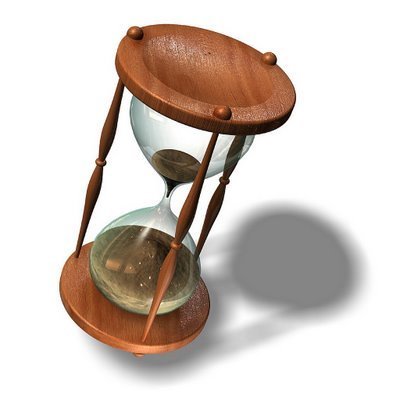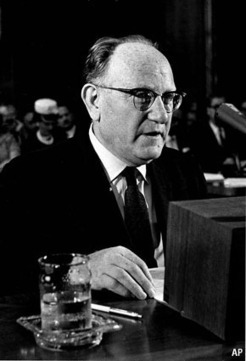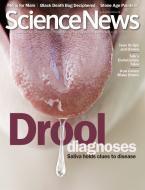What is nine plus six, plus eight? You may not realise it, but you already know the answer. It seems that we unconsciously perform more complicated feats of reasoning than previously thought – including reading and basic mathematics.
Research and publish the best content.
Get Started for FREE
Sign up with Facebook Sign up with X
I don't have a Facebook or a X account
Already have an account: Login

 Your new post is loading... Your new post is loading...
 Your new post is loading... Your new post is loading...
|
|





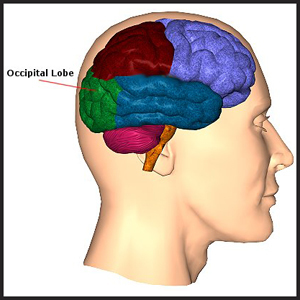




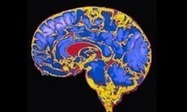

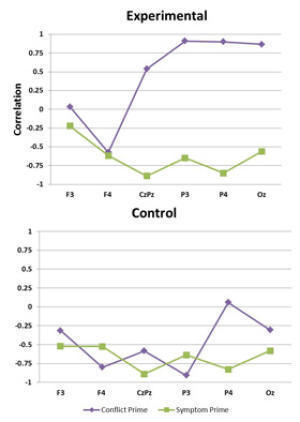

![[VIDEO] The Secret Lives of the Brain: David Eagleman LIVE on Big Think | Science News | Scoop.it](https://img.scoop.it/M48RApmA0MEeW992BPhe-jl72eJkfbmt4t8yenImKBVvK0kTmF0xjctABnaLJIm9)

